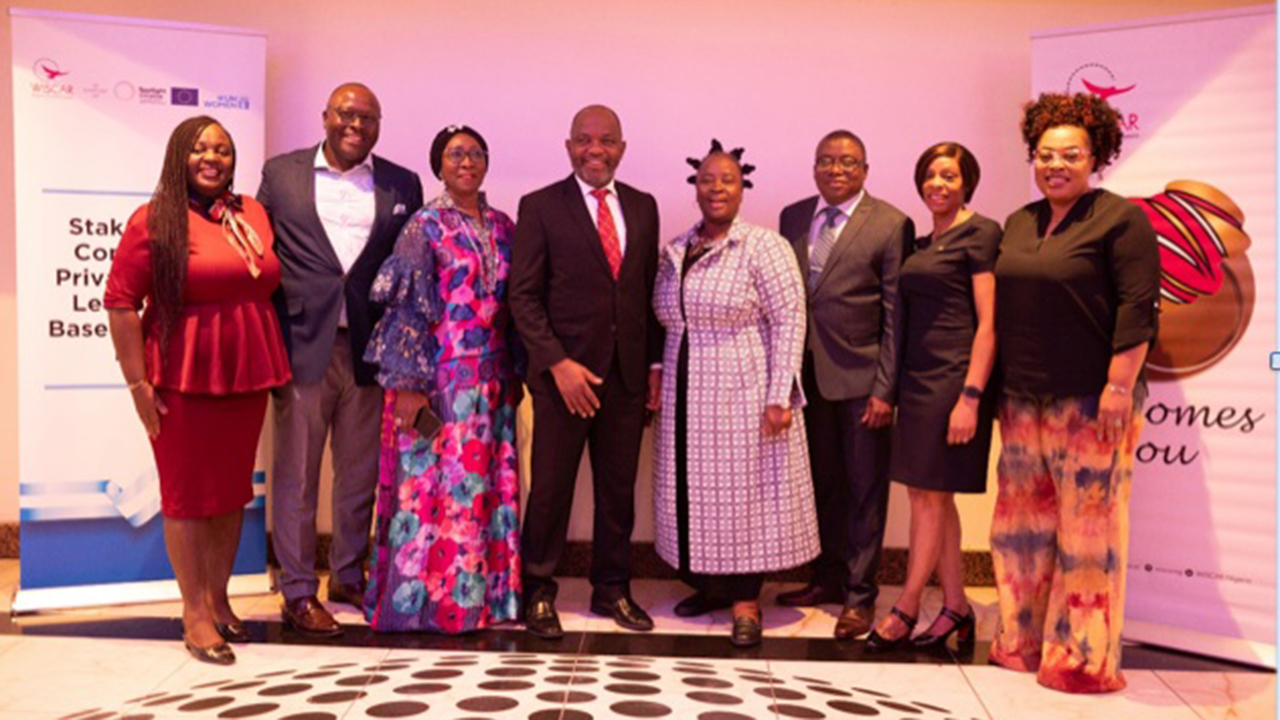
Gender-Responsive private sector companies and women CEOs have, with the support of UN Women and WISCAR, launched a 25 million dollars private sector-led GBV fund. The fund is expected to be a contribution from private sector organisations in Nigeria, which goes beyond corporate social responsibility to intentional gender-responsive and gender-specific interventions that will curb violence against women and girls and enhance women’s empowerment.
[ad]
UN Women Regional Director for West and Central Africa, Mr. Maxime Houinato, while speaking during his executive visit to Nigeria and roundtable Private Sector CEOs Meeting, applauded women taking advantage of professionalism to influence economic policies in Nigeria.
He stressed the important role women-led and owned businesses play in the GDP of Nigeria, adding that when the growth these women bring to the economy is well captured and the GDP is at the appropriate point, the level of funding Nigeria could get in the global market would greatly improve.
On gender-based violence, he said that the private and government sectors were aware of the crippling effects GBV has on the Nigerian economy, explaining that the nation has been wasting huge sums to address the issue, which could be diverted to developmental projects.
He reiterated that the private sector plays a critical cross-cutting role in advancing gender equality and women’s empowerment, including women’s political participation, economic empowerment and violence against women and girls, and therefore should escalate its efforts in promoting and investing in issues of women’s livelihood and access to economic opportunities.
UN Women Representative to Nigeria and ECOWAS, Beatrice Eyong, stated that the financial implication of GBV was enormous, insisting that if the prevalence of violence against women and girls reduces, family income and earnings would improve and likewise the economy.
Deputy Country Representative, UN Women, Mr. Lansana Wonneh, said the private sector has a part to play in ensuring gender equality, stressing that the government cannot curb inequality alone.
“The private sector constitutes a huge resource in Nigeria to participate in that fight. So, if we all see it as a national cause, and the private sector is a significant part of this country, then it is important that the private sector also invests,” he added.
According to him, reduction in GBV increases productivity and enables women to accomplish their full potential. The high-level roundtable meetings with the private sector was organised in Lagos by WISCAR and WIMBIZ.
[ad]


